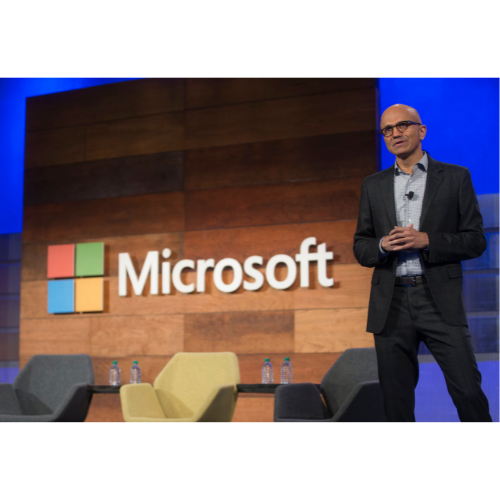Microsoft and NBCUniversal Mandate Return to Office: A Turning Point in Corporate Culture
In a bold move that signals a shift in post-pandemic workplace norms, Microsoft and NBCUniversal have announced mandatory return-to-office (RTO) policies for their employees. These decisions mark a significant departure from the hybrid and remote work models that dominated the corporate landscape over the past few years. As two of the world’s most influential companies, their actions are likely to set a precedent for others across industries.
The New RTO Policies: What’s Changing?
NBCUniversal’s Four-Day Mandate
NBCUniversal, a subsidiary of Comcast, has declared that starting January 5, 2026, hybrid employees will be required to work onsite Monday through Thursday, with Fridays remaining flexible. The announcement was made via an internal memo from COO Adam Miller, who emphasized the value of in-person collaboration: “In-person work and collaboration spark innovation, promote creativity, and build stronger connections.”
This policy aligns with Comcast’s earlier decision to implement a four-day in-office schedule in 2023, and follows similar moves by Paramount and Amazon.
Microsoft’s Reinforced Office Culture
While Microsoft has long supported hybrid work, recent internal communications suggest a renewed emphasis on in-person engagement, particularly for teams involved in product development, sales, and strategic planning. Though not as rigid as NBCUniversal’s policy, Microsoft is encouraging managers to prioritize office presence to foster innovation and team cohesion.
Why Are Companies Pushing for In-Person Work?
Collaboration and Innovation
Executives argue that physical proximity enhances spontaneous collaboration, which is harder to replicate in virtual environments. Informal hallway conversations, whiteboard sessions, and face-to-face brainstorming are seen as catalysts for creativity.
Productivity and Accountability
Some leaders believe remote work has led to fragmented communication and reduced accountability. By bringing employees back to the office, companies hope to restore a sense of discipline and shared purpose.
Real Estate Investments
Major corporations have invested billions in office infrastructure. Empty buildings represent sunk costs, and a return to office helps justify these expenditures.
Cultural Cohesion
Maintaining a strong corporate culture is challenging when teams are dispersed. In-person work is viewed as essential for onboarding, mentoring, and reinforcing company values.
Employee Reactions: Mixed Sentiments

The mandates have sparked a range of reactions:
- Supporters appreciate the structure and social interaction that office life provides.
- Critics argue that forced returns undermine flexibility and ignore the proven success of remote work.
- Younger workers often favor remote options for lifestyle reasons, while senior staff may value face-to-face engagement for strategic alignment.
NBCUniversal has offered voluntary exit packages for employees unwilling to comply, indicating the seriousness of their stance.
Industry-Wide Implications
Tech Sector
Microsoft’s pivot could influence other tech giants like Google, Meta, and Apple, which have also experimented with hybrid models. If productivity gains are realized, stricter RTO policies may become the norm.
Media and Entertainment
NBCUniversal’s move reflects a broader trend in media companies seeking to restore pre-pandemic workflows. Paramount’s five-day mandate and Disney’s similar policies suggest a sector-wide recalibration.
Finance and Consulting
Industries like banking and consulting have already embraced full-time office work. Goldman Sachs and JPMorgan Chase led the charge in 2022, citing client demands and team dynamics.
Future Projections
Flexible Rigidity
Companies may adopt structured flexibility, requiring office presence on key days while allowing remote work for individual tasks. This hybrid-hybrid model could balance collaboration with autonomy.
Performance-Based Presence
Expect a shift toward role-specific mandates. Creative teams may be required onsite, while backend operations remain remote. Performance metrics will guide these decisions.
Tech-Enhanced Offices
To entice employees back, companies will invest in smart office tech, wellness amenities, and collaborative spaces. NBCUniversal’s recent upgrades to its Universal City campus are a prime example.
Global Disparities
Multinational firms may face challenges implementing uniform RTO policies across regions with different cultural norms and infrastructure. Localization will be key.
